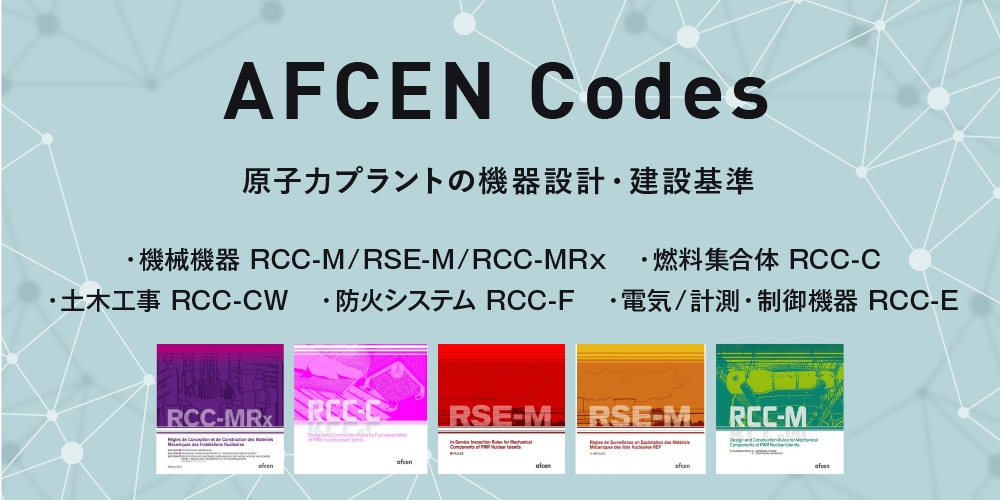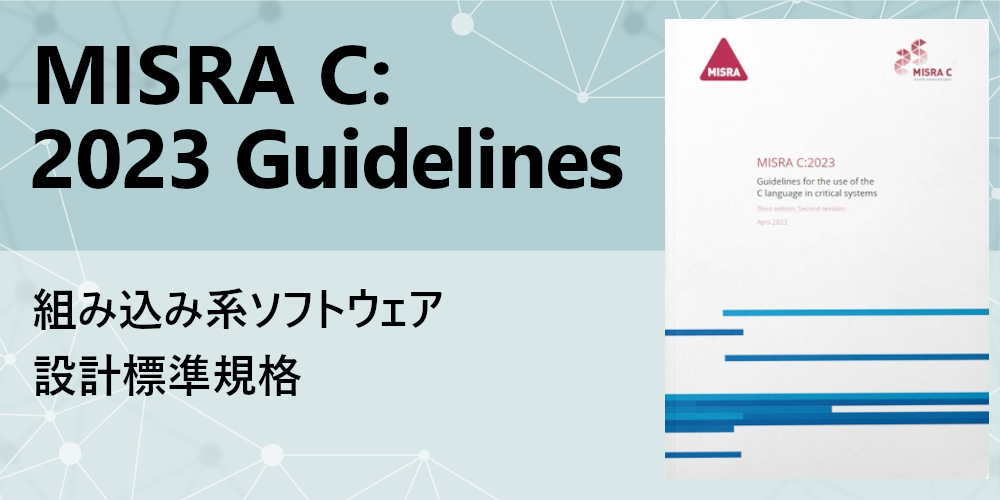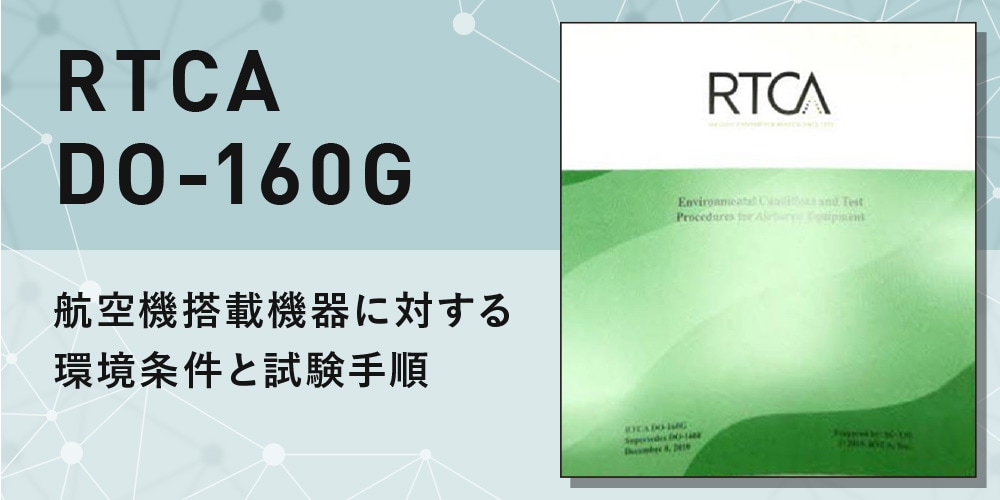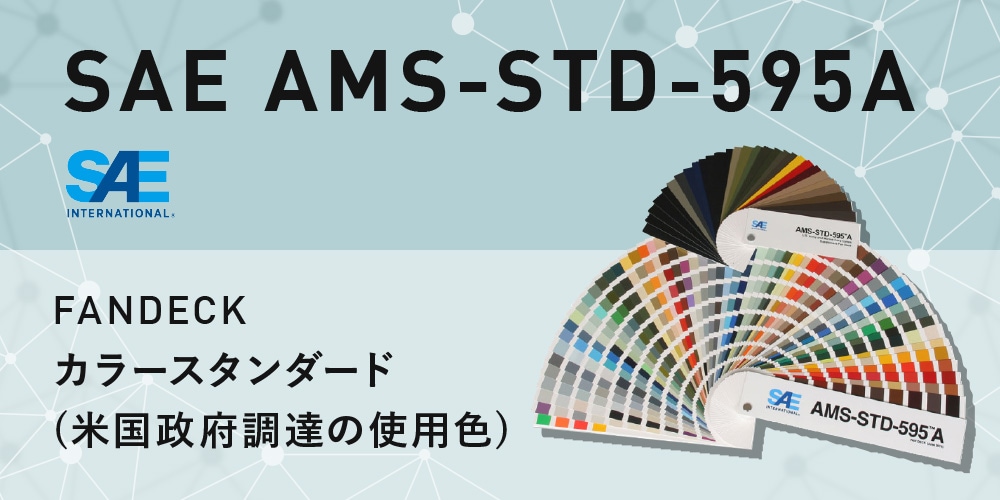Reinforcement Learning and Optimal Control, 強化学習と最適制御, 9781886529397, 978-1-886529-39-7

Description
This book considers large and challenging multistage decision problems, which can be solved in principle by dynamic programming (DP), but their exact solution is computationally intractable. We discuss solution methods that rely on approximations to produce suboptimal policies with adequate performance. These methods are collectively known by several essentially equivalent names: reinforcement learning, approximate dynamic programming, and neuro-dynamic programming. They have been at the forefront of research for the last 25 years, and they underlie, among others, the recent impressive successes of self-learning in the context of games such as chess and Go.
Our subject has benefited greatly from the interplay of ideas from optimal control and from artificial intelligence, as it relates to reinforcement learning and simulation-based neural network methods. One of the aims of the book is to explore the common boundary between these two fields and to form a bridge that is accessible by workers with background in either field. Another aim is to organize coherently the broad mosaic of methods that have proved successful in practice while having a solid theoretical and/or logical foundation. This may help researchers and practitioners to find their way through the maze of competing ideas that constitute the current state of the art.










